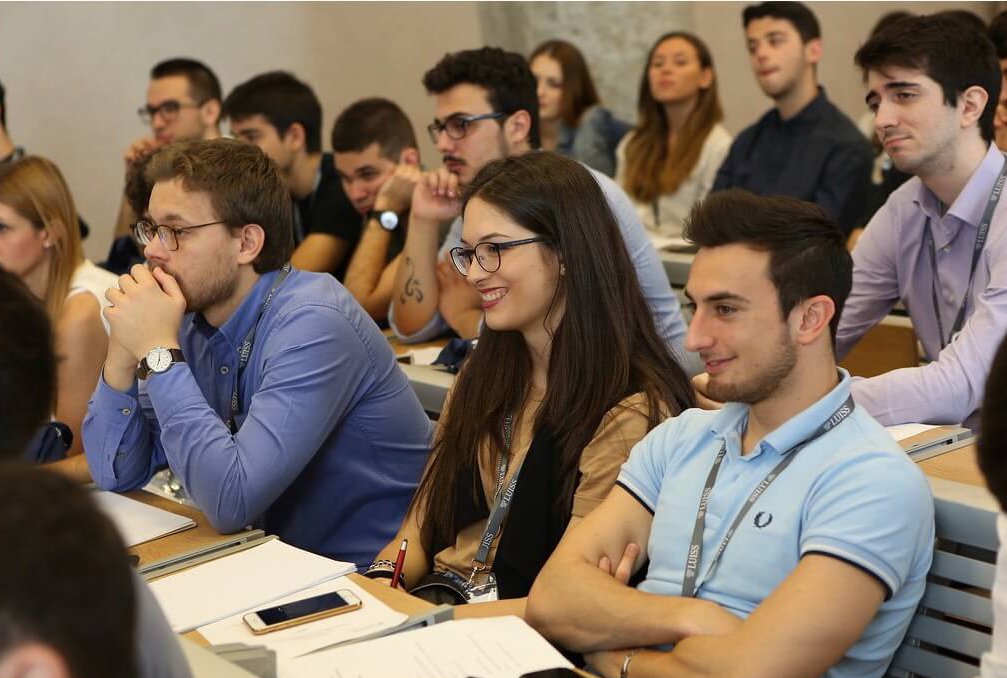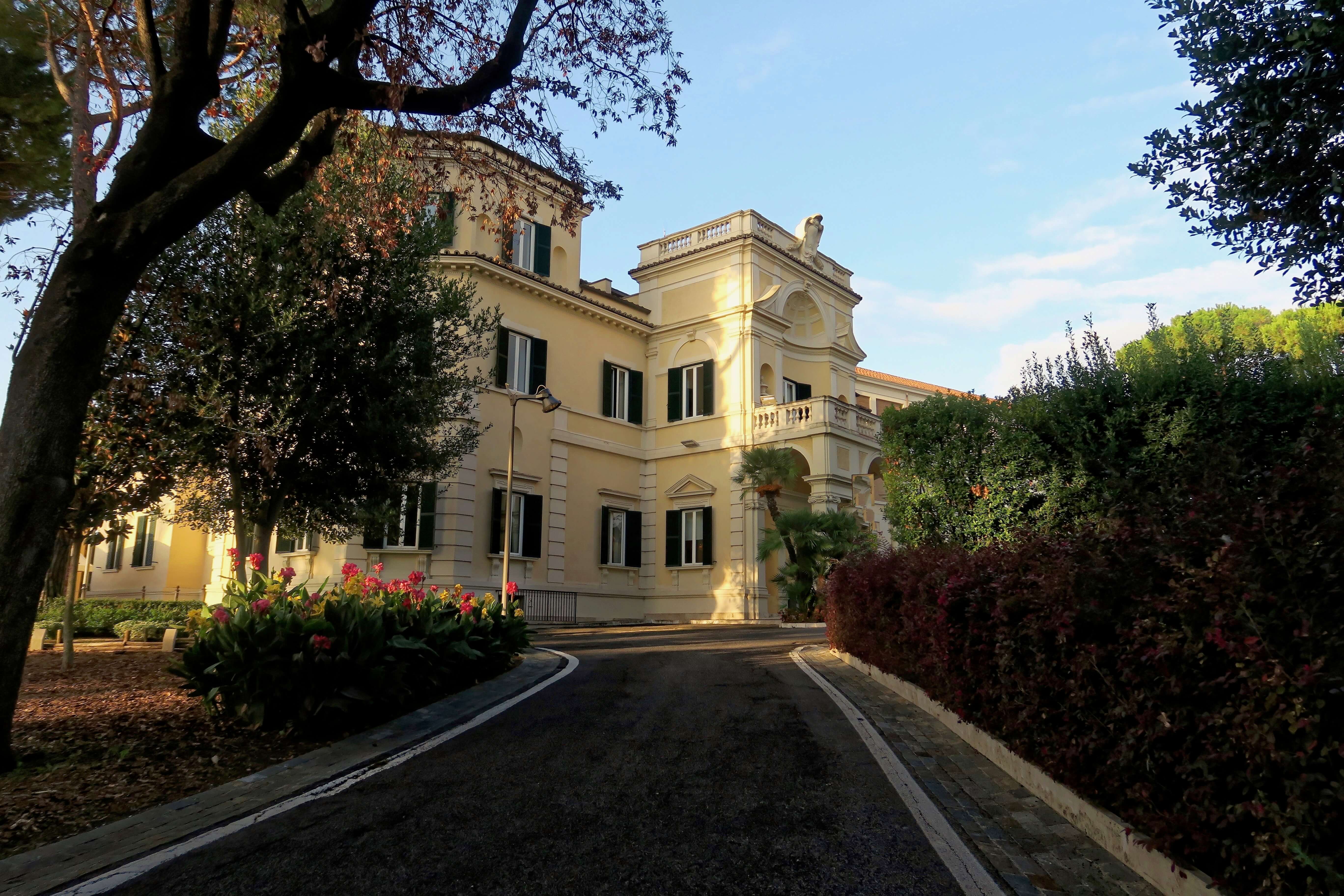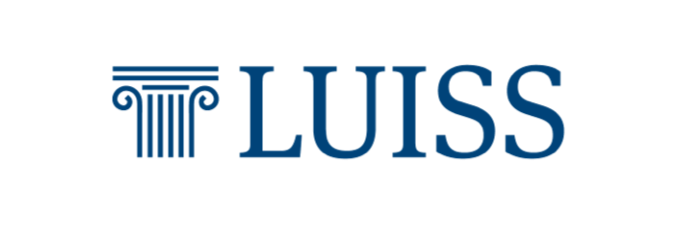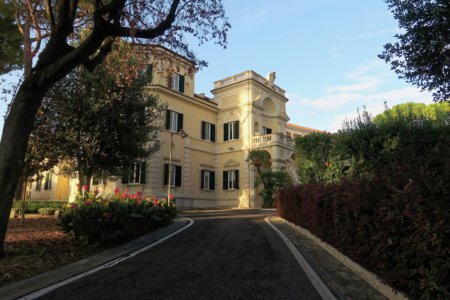Few cities draw aspiring policymakers and leaders like Rome does. Step outside Termini station, and one is at the doorstep of one of the oldest civilisations and democracies in the world. Today, set amongst imperial buildings full of papal pomp and stupendous beauty, are a myriad of embassies, international organisations, governmental agencies, and multinational companies. The mood is bewitching, the neighbourhoods historic and the aperitifs electric.
The capital of a country with perennially dissolving governments, and home to the national parliament and some of the country’s most important commercial and financial institutions — Rome is a living laboratory for the study of plans, laws, and behaviours of governments.
Just a 15-minute drive from the Palazzo Montecitorio is one of the region’s leading school of public policy and governance: Libera Università Internazionale degli Studi Sociali Guido Carli, known by the acronym “Luiss.” Walk into Luiss and you’ll find architecture that fits the kind of innovative and sophisticated education students receive. Open spaces, areas designed for dynamic debates — they provide a stimulating environment to the 7,000 students who call the Rome city centre campus home. Luiss is fully recognised and accredited by Italy’s Ministry of Education, University and Research.
At the Luiss School of Government, you’ll find tomorrow’s high-level public and private officials training to spearhead political and government decision-making processes. As one of the most relevant institutions in Europe for teaching and research, postgraduate study here is insightful and impactful. It’s collaborative too — the school encourages academics and students to work together. This provides students a window into research activities that seek solutions to complex, real-world problems — and indirectly, a boost in their research and career development. The school is also a Jean Monnet Centre of Excellence, selected from 700 applications and now part of a Europe-wide network of currently 101 selected research institutions.
There are two types of world-class master’s degrees offered here: first level and second level master’s degrees. The former is open to holders of a degree and leads to a second-cycle qualification outside the bachelor’s and master’s structure. The latter is open to holders of a specialised degree and leads to a third-cycle qualification outside the bachelor’s and master’s degree.

Source: Luiss School of Government
Joint Master in Global Economic Governance and Public Affairs
This first level master’s degree is taught in Rome, Berlin and Nice by renowned researchers and experienced professionals at Luiss and the Centre International de Formation Européenne (CIFE). Students will learn about global governance, sustainable development and the digital society. This will be done using the Applied Research Methodology, case studies, simulation exercises and skills workshops.
Master in European Studies: EU Institutions and Public Policy
Students stand to gain broad yet specific proficiencies in the working procedures of European institutions and in policy areas linked with the EU, such as migration, security, Euro-zone politics and the Common Market. This first level master’s programme combines theoretical and practical approaches, and offers training in Policy Advice, EU Programming, as well as Academic Methodology and Communication. The programme takes a seminar-style teaching approach.
Joint Master in EU Trade and Climate Diplomacy
This first level master’s programme focuses on European policies promoting sustainability in international relations, science diplomacy, politics, and research in sustainable development. It provides the new generation of policymakers with the analytical and negotiation skills to enforce the EU’s leadership in fair digital trade and climate action. Those seeking a career in Policy Development; European and International Affairs and Diplomacy; Digital Trade; and Circular Economy Development would benefit most from this programme. This program is held in partnership with CIFE and is taught in Rome, Berlin and Nice as GEGPA.
Master in International Public Affairs
This second level multidisciplinary master’s programme gives students knowledge in various aspects involved in the public policy process, highlighting the opportunities and threats it faces on a global scale. Activities beyond the classroom are frequent and students benefit from regular interactions with renowned global personalities. Core courses in this programme include Behavioural Economics and Decision-Making; Democracy and Global Governance; and International Financial Markets. Students will be trained to manage the complex challenges affecting governments, NGOs, and institutions.
Follow Luiss on Facebook, LinkedIn, Twitter, Instagram and YouTube.













